







Lecturer:
Dr. Anna Dubojska-Gerber,
Chairs:
Prof. Norbert Enkling,
Prof. Aneta Wieczorek,
Language:
english
Simultaneous translation into:
polski
Cost:
included in the congress fee
Mutual contact of teeth like the entire human skeleton supports the functioning of muscles and influences proper movements in the joints. During the period of growth and development, the function of the masticatory system specific to a given person is formed. Then a person's lifestyle, the type of food consumed and various habits change occlusal contacts and thus disturb the functions of the masticatory system, and often complement postural disorders of the entire body. These changes also significantly affect the aesthetics of the face.
The patient complains that the teeth are chipped, that the teeth are getting shorter, that the bite is crooked, that the jaw is popping when opening it wide, that the teeth don't come together, but these symptoms are rarely associated with that there is also pain around the ears, that noises in the ears appear, that the face hurts, that there is a headache, that healthy teeth hurt, that there is pain in the neck or shoulder. Occlusion, disordering function, may occur both on natural teeth and on prosthetic restorations.
Very often, the prosthetic reconstruction of the occlusion itself does not meet the conditions of full functional and aesthetic rehabilitation of function and aesthetic.
The presentation will show the relationship between occlusion and all disorders identified through detailed diagnosis using the Gerber Method. The occlusal aspects in the Gerber Method indicate the differences between the patient's natural functioning and acquired functional disorders in order to provide patients with comprehensive treatment of the highest quality.
Order participation in the congress
Use registration link to register for the Congress